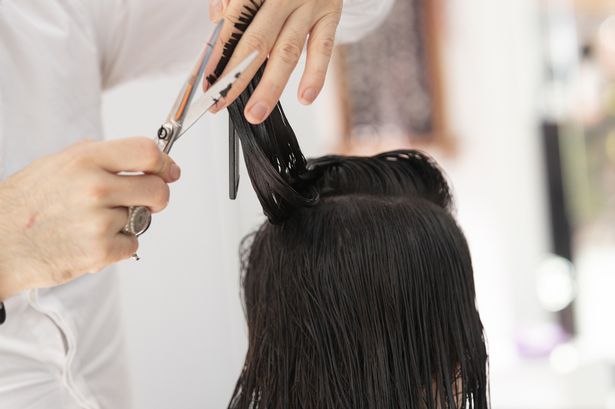A health expert has issued a warning to people who are more susceptible to getting varicose veins.
The condition dates as far back as the Roman period and is defined by the NHS as "swollen and enlarged veins that usually occur on the legs and feet. They may be blue or dark purple, and are often lumpy, bulging or twisted in appearance."
September is Vascular Disease Awareness Month and a specialist said the condition particularly impacts people in professions where they stand up for the majority of the day. Mark Bratby, consultant interventional radiologist and medical director at Veincentre, said: “Varicose veins are an anatomical problem. Only humans have varicose veins because we stand upright.
READ MORE: DWP offering seven payment boosts for people on Universal Credit
READ MORE: Mrs Hinch fans share how to dry clothes in winter without heating or dryer
“The problem isn’t a new one. They have always been around, in fact there’s records of varicose veins in Roman times. We tend to see a lot of hairdressers, nurses and teachers in the clinic because if you’ve got a problem with your valves and then you’re on your feet all day, you’re likely to get varicose veins.” – as Wales Online reports.
The condition occurs when tiny valves inside the blood vessels don’t function properly, causing blood to flow backwards and pool, making them swell. While varicose veins are often seen as a cosmetic problem they can also cause legs to become sore, achy and throb.
Dr Bratby warned genetics play a big part, Dr Bratby warned and explained what people can do to improve the health of their veins. He said: “Keeping healthy, eating well, not eating too many ultra-processed foods, looking after your weight and exercising as much as you can are all good for many reasons, including your arterial health.”
NHS symptoms of varicose veins
The NHS list the symptoms of the condition as:
- Aching, heavy and uncomfortable legs
- Swollen feet and ankles
- Burning or throbbing in your legs
- Muscle cramp in your legs, particularly at night
- Dry, itchy and thin skin over the affected vein
The NHS explains varicose veins is "rarely a serious condition and do not usually require treatment" However, people who suffer with the condition may need to speak to a GP in the following circumstances;
- your varicose veins are causing you pain or discomfort
- the skin over your veins is sore and irritated
- the aching in your legs is causing irritation at night and disturbing your sleep
Don't miss the biggest and breaking stories by signing up to the Echo Daily newsletter here
Win a 5-night holiday to the Turkish coast at Cook’s Club Adakoy Hotel

